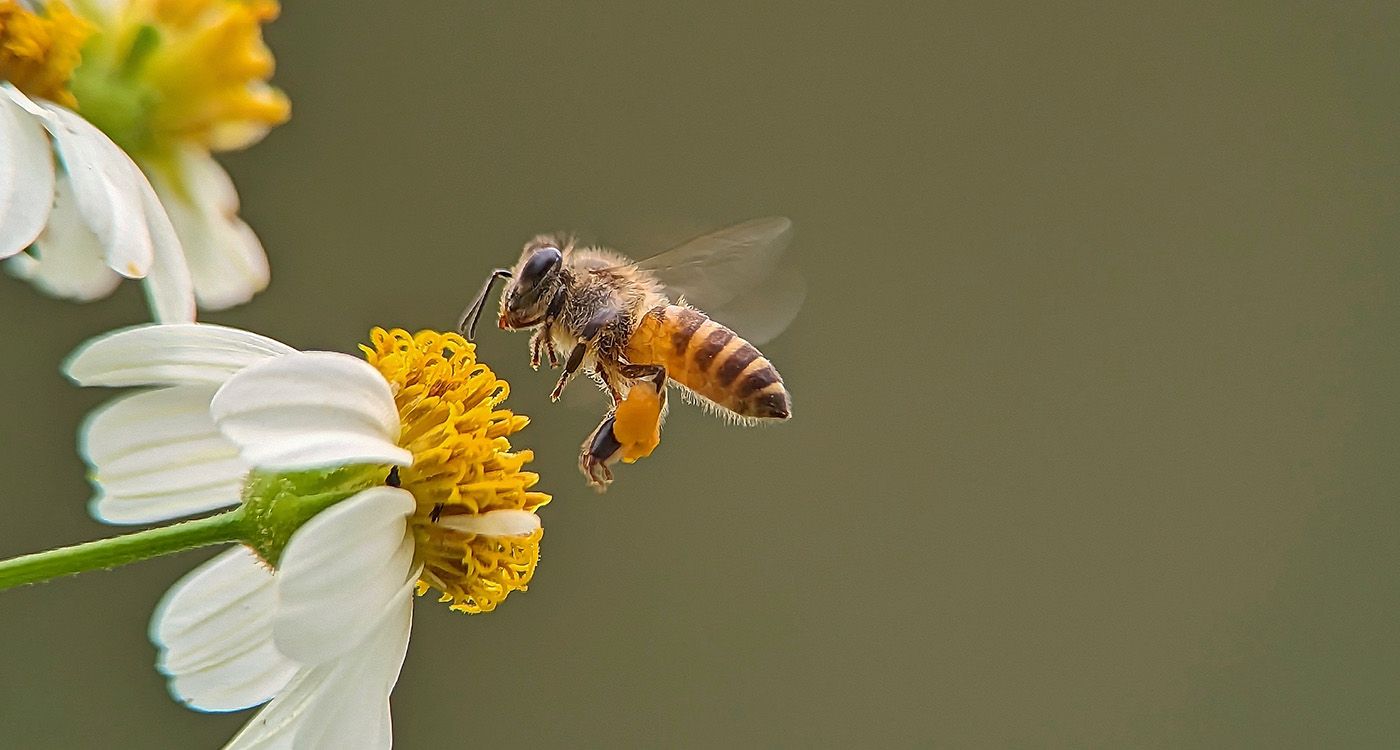
Every year on May 20, World Bee Day is celebrated to honor Anton Jansa, the Slovenian beekeeper who pioneered modern apiculture. Since 2018, this day has been officially designated by the United Nations to raise global awareness about the vital role bees play in our ecosystems, and to promote their protection, along with the preservation of their natural habitats.
Bees: Pillars of Our Ecosystem
Bees are essential to the survival of life on Earth. As pollinators, they enable the reproduction of flowering plants by transporting pollen, a process critical to both biodiversity and global food security. It is estimated that bees are responsible for nearly 80% of all pollination worldwide.
This vital function supports not only wild ecosystems, but also agriculture: around 75% of the world’s food crops depend on pollination. According to the Food and Agriculture Organization (FAO), one third of global food production relies on the tireless and often invisible work of pollinators like bees. In addition to boosting crop yields, bees contribute to the nutritional value and diversity of the food we consume.
Bees also have a long-standing place in human health and medicine. For centuries, honey has been valued for its therapeutic properties, including anti-inflammatory, antiseptic and healing qualities. Furthermore, bees are considered key indicators of environmental health, offering insights into ecosystem stability and the impacts of climate change.
Threats to Bee Populations
Bee populations are declining at an alarming rate. The extinction risk for pollinators is estimated to be 100 to 1,000 times higher than normal, with nearly 35% of bee species now threatened.
While natural challenges such as predators or extreme weather have always existed, human activity has drastically intensified the threat. Intensive agriculture simplifies landscapes and reduces plant diversity, severely limiting the availability of food sources for bees. The widespread use of pesticides, the dominance of monoculture farming, expanding urban development and climate change (including rising temperatures, droughts, flooding and disrupted blooming seasons) all contribute to the decline.
Air pollution is an emerging concern as well. Early research suggest that airborne pollutants interfere with the scent signals plants emit, which bees rely on to locate food. When these chemical cues are distorted, bees struggle to forage effectively, further endangering their role in pollination.
How We Can Protect Bees
While the challenges are significant, individual actions can make a real difference. Here are some simple yet powerful ways to help protect bees:
- Plant a variety of flowers in your garden or on your balcony, especially species that bloom at different times, to provide bees with a steady source of nectar and pollen.
- Buy raw and local honey to support sustainable production.
- Choose products from farms that practice environmentally responsible and bee-friendly agriculture.
- Avoid using pesticides, fungicides and herbicides in your outdoor spaces.
- Safeguard wild bee nests when possible.
- Provide clean water sources for bees, especially after a day of foraging.
A Shared Responsibility
World Bee Day serves as an important reminder of how vital these small creatures are to life on Earth and to our own survival. Protecting them is a crucial environmental, economic and public health priority. By preserving bees, our future is safeguarded.
Comments